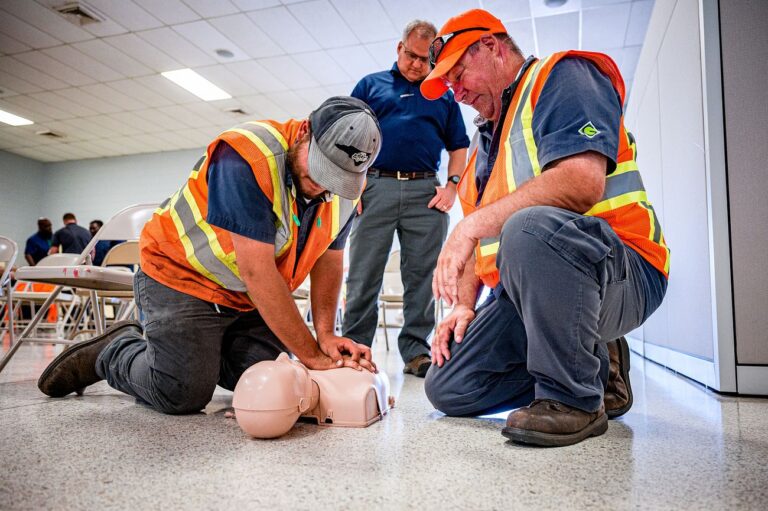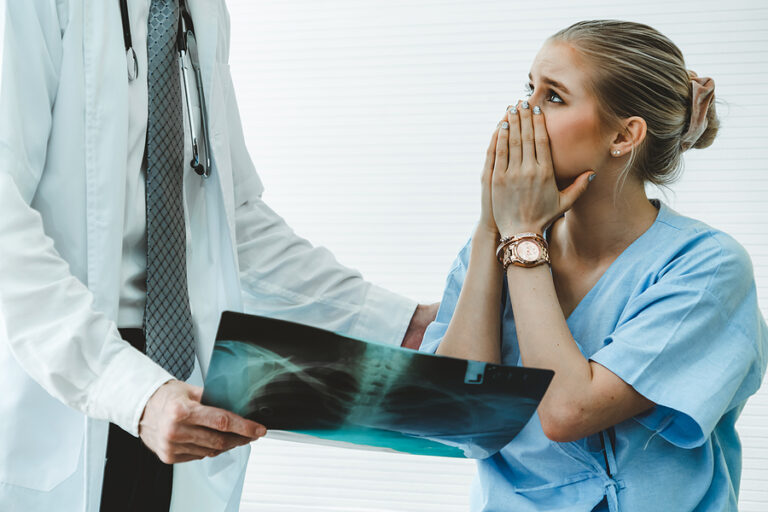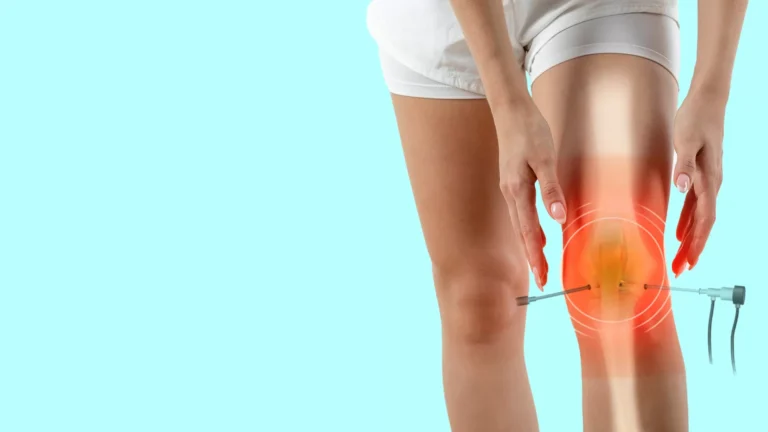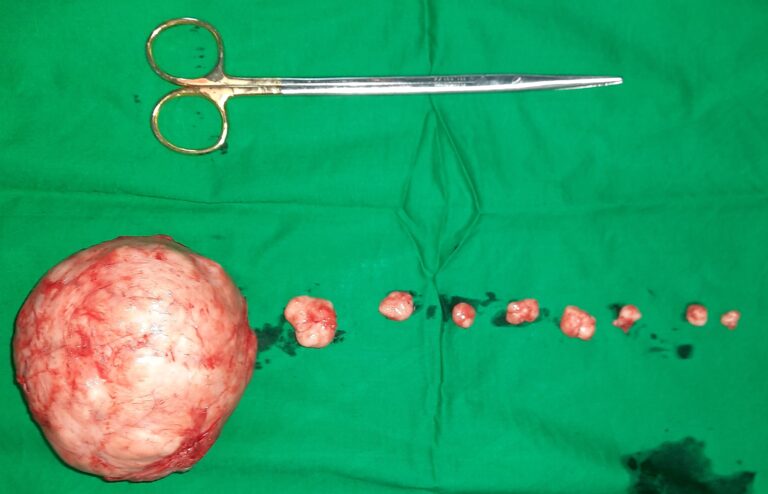Car Accident Injury Recovery: How to Manage Pain and Get Back to Normal
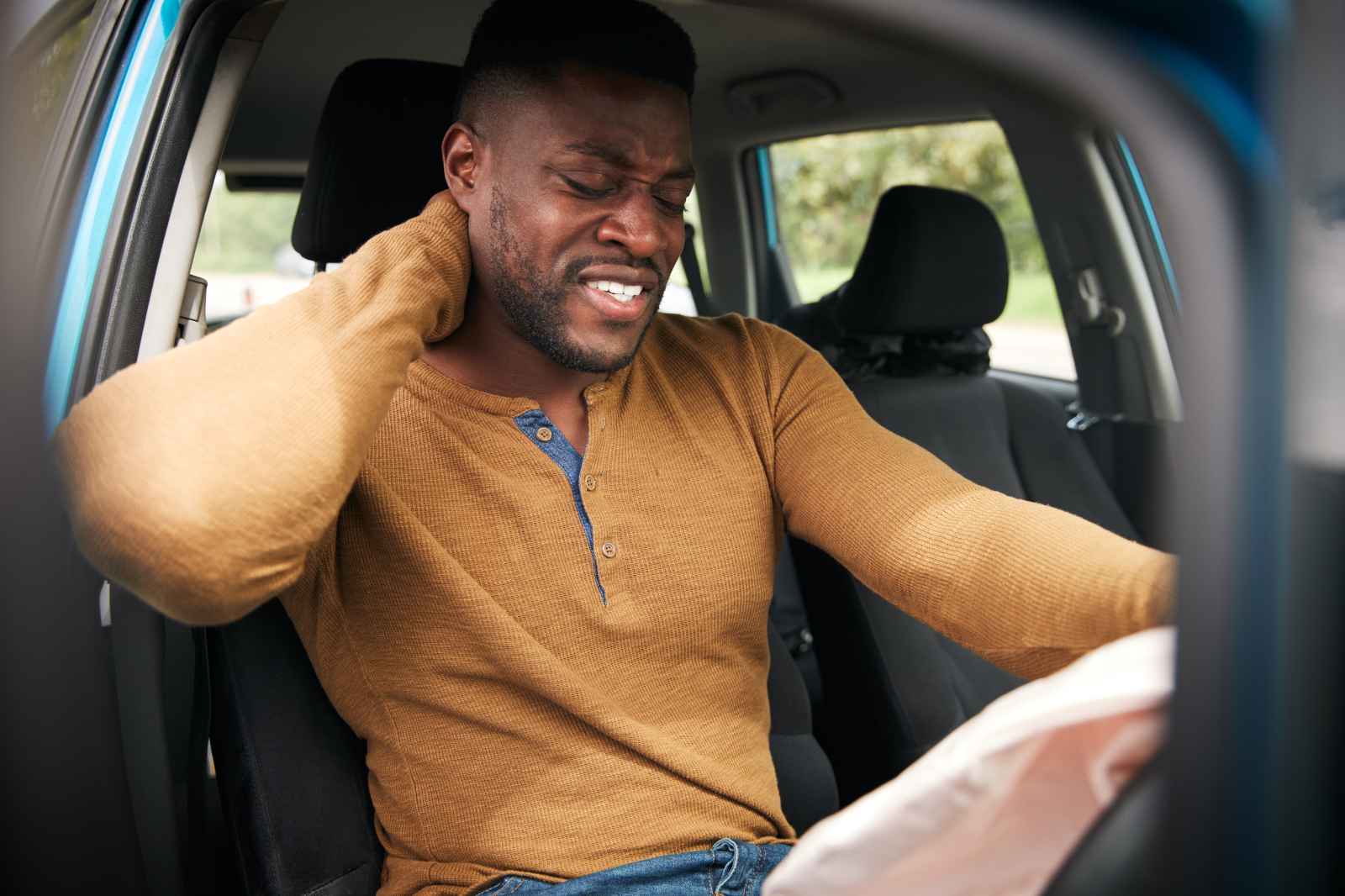
A car accident injury can leave lasting effects, from physical pain to disruptions in daily life. Effective recovery depends on more than immediate treatment; it requires a plan that addresses pain management, rehabilitation, and long-term healing. Here’s how to manage pain and recover from an auto accident injury:
Following Immediate Medical Advice
After a car accident, seeking medical attention promptly is fundamental, even if symptoms seem mild at first. A car accident injury, such as whiplash or internal issues, may not show obvious symptoms immediately but can worsen over time without treatment. When you visit a healthcare provider, they will assess your condition using diagnostic tools such as X-rays or other tests as needed. Their recommendations may range from medication management to physical interventions, such as physiotherapy or chiropractic care. Make sure to follow their advice carefully, as early treatment conditions your body for optimal recovery.
Managing Pain Safely and Effectively
Pain management following an accident should prioritize safety and long-term health outcomes. Your doctor may prescribe nonsteroidal anti-inflammatory drugs (NSAIDs), muscle relaxants, or pain relievers. For mild discomfort, over-the-counter options can also provide relief.
You can manage pain at home by alternating between ice packs and heat applications to reduce inflammation and stiffness. Gentle stretching also helps prevent muscles from becoming rigid. Do not ignore persistent or worsening pain, as it may signal a more serious injury. Always communicate with your healthcare provider for adjustments to your pain management plan.
Rehabilitation and Restoring Mobility
A car accident injury often affect movement, limiting your ability to perform daily activities. Whether through physical therapy, gentle exercises, or specialized rehabilitation programs, focusing on mobility is key to recovery. Physical therapists design tailored plans to strengthen specific muscles, improve joint flexibility, and enhance motor functions.
Make sure you are giving your body adequate rest. Recovery occurs more effectively when you alternate periods of activity with intervals of proper rest, allowing for healing. Hydration and proper nutrition also support rehabilitation efforts, making sure your body receives ingredients to rebuild tissues effectively.
Addressing Emotional and Mental Health
Recovering from a motor accident injury takes more than physical efforts. Emotional trauma often accompanies accidents, with many individuals experiencing stress or anxiety about driving again. Mental health concerns, if overlooked, can pose barriers to a full recovery.
Counsel from licensed professionals, group therapy, or relaxation techniques can be helpful for managing emotional hurdles. Communicating openly about your feelings is an effective step toward addressing psychological challenges. For ongoing mental health worries that interfere with daily functioning, specialized care is available. Reach out to mental health practitioners for therapy or support to avoid potential long-term impacts on your well-being.
Schedule Your Car Accident Injury Evaluation Today
Recovering from a car accident injury requires a focused and comprehensive approach. Timely medical care, safe pain management, targeted rehabilitation, and emotional support are key to regaining your physical and mental health. If you’ve been in a car accident, schedule a medical evaluation with qualified professionals to begin your recovery process. Prompt action is fundamental to preventing long-term issues and returning to your daily routine safely.
- What to Expect When Visiting a Foot and Ankle Specialist
- Causes of PTSD
- The Link Between Plantar Fasciitis and Weight Gain: What You Need to Know
- How Pet Ownership Can Positively Impact Life with Fibromyalgia
- The Importance of Stretching and Flexibility in Sports Medicine
Dr. Emma Green is a health and wellness expert with over 10 years of experience in nutrition and fitness. Passionate about helping others live their healthiest lives, Dr. Green shares practical advice on wellness, nutrition, and sustainable living through LivingSpristine.

